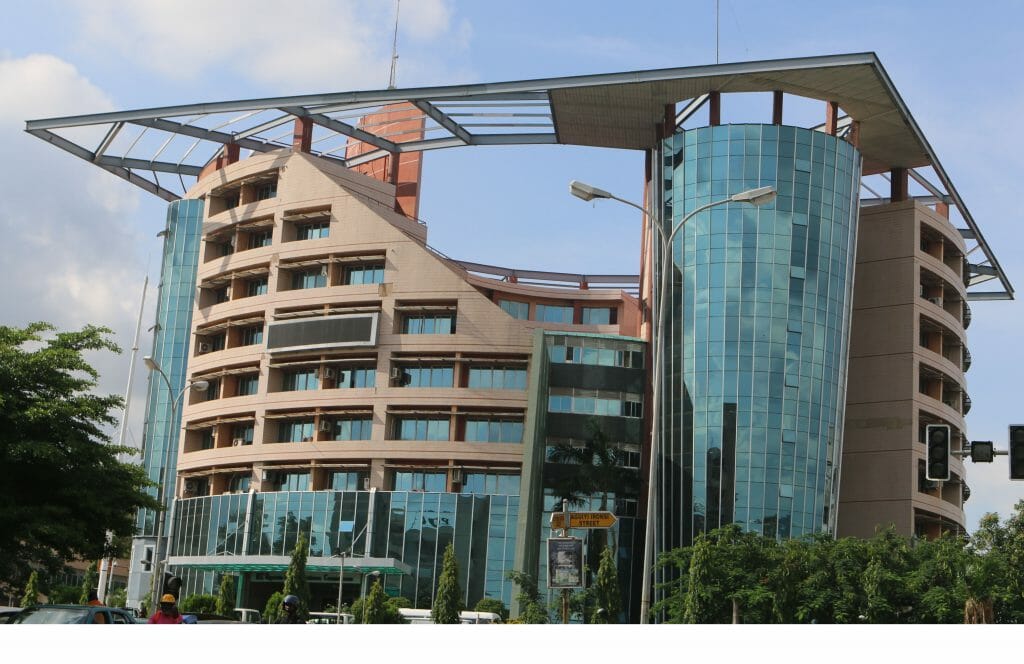The Nigerian Communications Commission (NCC) has stated that it is targeting one billion devices to run on the fifth generation (5G) network in the next two years.
This was disclosed on Thursday in Lagos at the NCC panel session at the ongoing AfricaNXT 2022.
The panelists, which constituted senior staff of NCC, dissected the theme ‘Moving Forward Steadily: Socio-Economic Significance of Deployment of 5G Services’, adding that the network held huge prospects for the Nigerian economy.
Babagana Digima, team lead, Nigeria Office for Developing Indigenous Telecoms Sector (NODITS) at NCC, said the 5G technology was meant to0 deliver higher data speeds, ultra-low latency, more reliability, massive network capacity, increased availability, and a more uniform user experience to more users.
He said the 5G technology would be faster and able to handle more connected devices than the existing 4G LTE network including smart television and radio.
According to him, it will also revolutionise and transform people’s way of life and be beneficial for the socio-economic development of Nigeria with enhanced capabilities providing new and enhanced mobile communications services.
“We are expecting one billion devices to have 5G connections in next two years,” Digima said.
On his part, Usman Aliyu, head, space services at NCC, said the 5G network would impact several sectors of the economy significantly.
Usman said agric, education, security and health sectors would benefit the most from the network.
He called on startups and the technology ecosystem to use 5G to create more innovations.
Also speaking at the event, Tony Ikemefuna, the commission’s head, fixed network and converged services, Tony Ikemefuna, said 5G technology offers an extremely low latency rate.
“From 200 milliseconds for 4G, “we go down to 1 millisecond (1ms) with 5G. The network is even faster than the brain, which processes information at 10 millisecond,” he said.
Speaking on the risks of 5G network, Mohammed Suleh-Yusuf, senior manager, legal and regulatory services at NCC, said they would arise when the service becomes effective in the country.
He listed them to include liability, data protection and privacy, cybersecurity and taxation risks.
He added that efforts must be also channeled to ensure that cybercriminals do not benefit from the technology.
